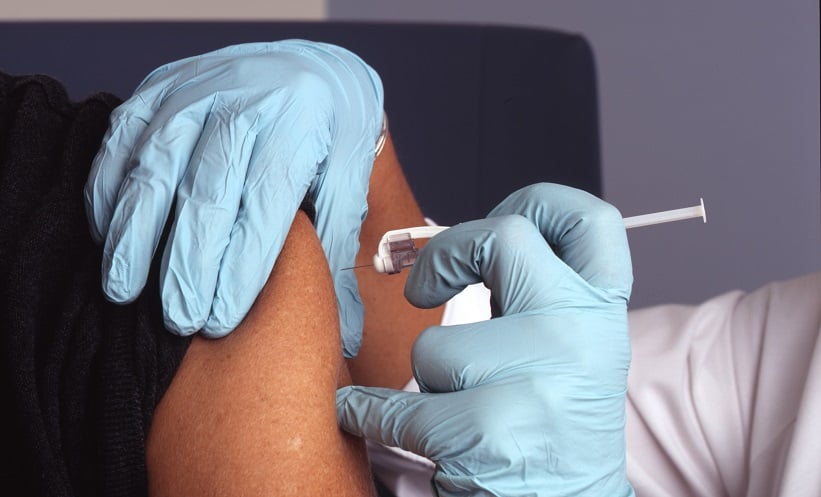THE WORLD HEALTH ORGANIZATION (WHO) has made recommendations for the use of two monoclonal antibody treatments for patients with Ebola. Following a meta-analysis and systematic review of randomised clinical trials, the WHO has called on the global community to increase their access.
Clinical trials were conducted during previous Ebola outbreaks and responses, highlighting that scientific rigour can be applied in difficult contexts. Previous outbreaks indicate that survival outcomes are significantly improved with early diagnosis and optimised supportive care (including symptom treatment, and repletion of fluids and electrolytes). The WHO’s new guidelines on Ebola, a severe and often fatal illness caused by the Ebola virus, state that patients should receive relevant tests, nutrition, pain management, and more.
The WHO strongly recommends the use of ansuvimab (also known as mAb114) and REGN-EB3 in treating patients with Ebola, having demonstrated clear benefits. Both can be used on all patients who test positive for Ebola, including vulnerable individuals such as the elderly, females who are pregnant or breastfeeding, children, and new-borns whose mothers tested positive for Ebola 7 days after birth. “Provision of best supportive medical care to patients, combined with monoclonal antibody treatment, mAb114 or REGN-EB3, now leads to recovery for the vast majority of people,” said Robert Fowler, University of Toronto, Canada.
However, access to these therapeutics, especially in low-resource areas, is challenging. The medications should be where patients will need them, such as areas with an active Ebola outbreak or where the threat of an outbreak is high or likely. Inviting Ebola therapeutic manufacturers to share their drugs for evaluation by the WHO Prequalification Unit has been a crucial step in improving drug access.
Janet Diaz, Lead of the clinical management unit at the WHO’s Health Emergencies programme, stated that providing optimised supportive care has transformed what is possible in an outbreak, as well as the evaluation of new therapeutics. “However, timely access to these lifesaving interventions has to be a priority,” she said.
Furthermore, the WHO has also recommended two therapeutics that should not be used: remdesivir and ZMapp.
While the WHO has made these strong recommendations, uncertainties remain, and more research and evaluation of clinical interventions are necessary. Supportive care could also be improved further, as well as the understanding of Ebola and the long-term consequences of the disease.








